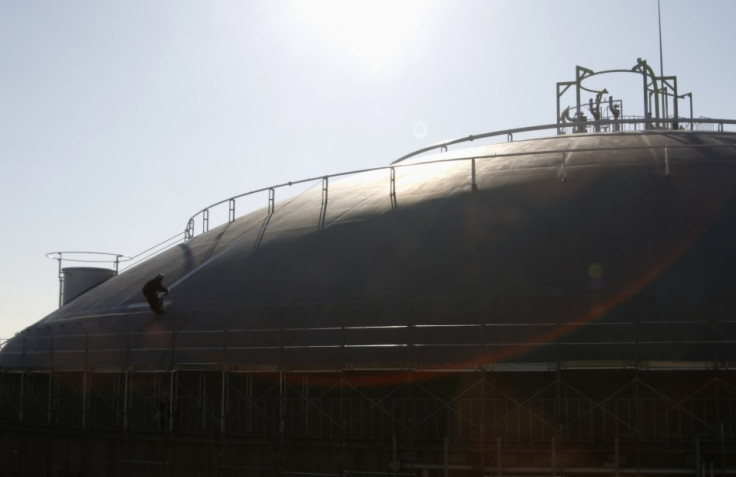Japan World First to Extract Gas from Methane Hydrate
The development could be a major turning point for the resource-deprived nation

Japan has successfully extracted natural gas from methane hydrate deposits, unlocking a potential energy source for the resource-deprived country, a world first.
Methane hydrate, a frozen gas often termed as 'fire ice' is formed from a mix of methane and water under specific conditions. The state-owned Japan Oil, Gas & Metals National Corp, also known as Jogmec, has said that it has tapped gas from deposits near Japan's central coast.
Japan currently imports almost all the energy it requires. Since 2001 the country has made major investments in developing the technology for extraction from methane hydrate deposits.
Gas was extracted at the Nankai Trough, which is around 50 kilometers (31 miles) off the coast of Japan's Honshu Island, according to Bloomberg. The methane hydrate deposits could be big enough to meet the country's energy needs for hundreds of years, Jogmec said.
The government is looking to make the technology commercially feasibly by 2018. Analysts suggest that if successful, this could be the beginning of a major shift in Japan's energy sector.
"Methane hydrate may start a revolution in Japan as shale gas did in the U.S., but there are still a lot of challenges ahead," Yuji Morita, a senior researcher at the Institute of Energy Economics, Japan told Bloomberg.
Shares of Japan Petroleum Exploration Company which runs the project closed 5.7 percent higher in Tokyo.
Major global economies such as US, China and Canada have also been researching into developing the technology to extract methane hydrate. Experts have suggested that the resource is more available than all other known natural gas reserves, although the feasibility of wide-scale extraction remains a challenge.
But some analysts have also pointed out that gas extraction from methane hydrate could have considerable environmental risks, especially if the gas leaks during drilling. Concerns are also high on the consequences of drilling at seismically unsound areas, which could be a major factor in Japan.
© Copyright IBTimes 2025. All rights reserved.





















